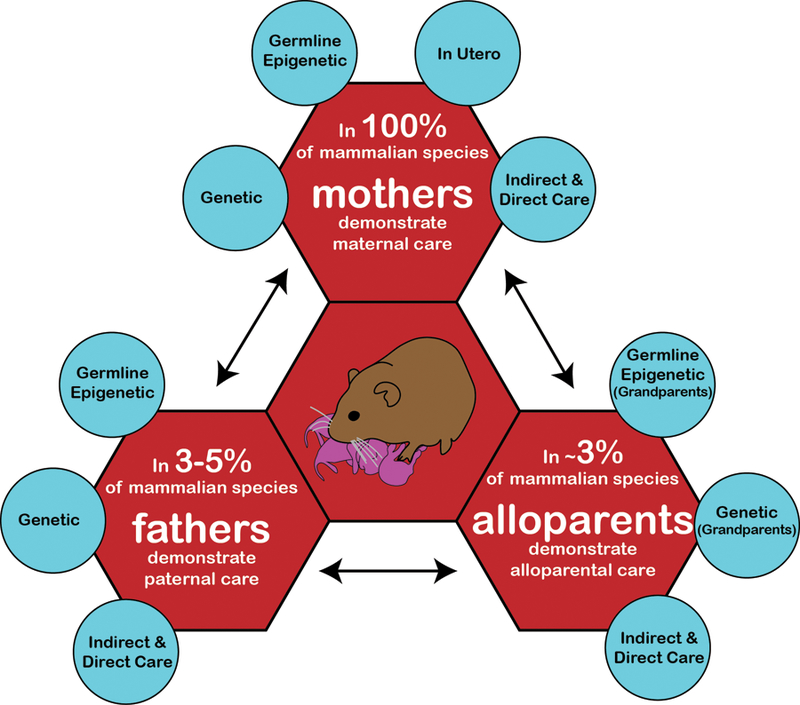Figure 1. Parental contributions to offspring development.

The means by which mothers, fathers, and alloparents respectively contribute to the development of offspring varies. Mothers are essential to offspring development and contribute to that development via a collection of direct and indirect routes, including genetics, transmission of life experience both epigenically at the level of the ova and in utero, as well as through parental behaviors. All mammalian fathers have the potential to contribute to offspring development through indirect genetic and germline epigenetic routes (via spermazoa), while only 3–5% of mammalian fathers demonstrate direct (e.g. grooming, contact) or indirect (e.g. defense) paternal care. Alloparental care is rare in mammals (approximately 3% of species), and the influence of alloparents varies. A unique class of alloparents are grandparents, where there is the potential to contribute to offspring development through indirect genetic and germline epigenetic routes, in addition to the influence, as in other alloparents, via direct and indirect parental care. In biparental species, mother-father interactions can mutually affect their respective parental contributions. Likewise, in cooperatively breeding species, this relationship is expanded to include mother-father, mother-alloparent, and father-alloparent exchanges.
